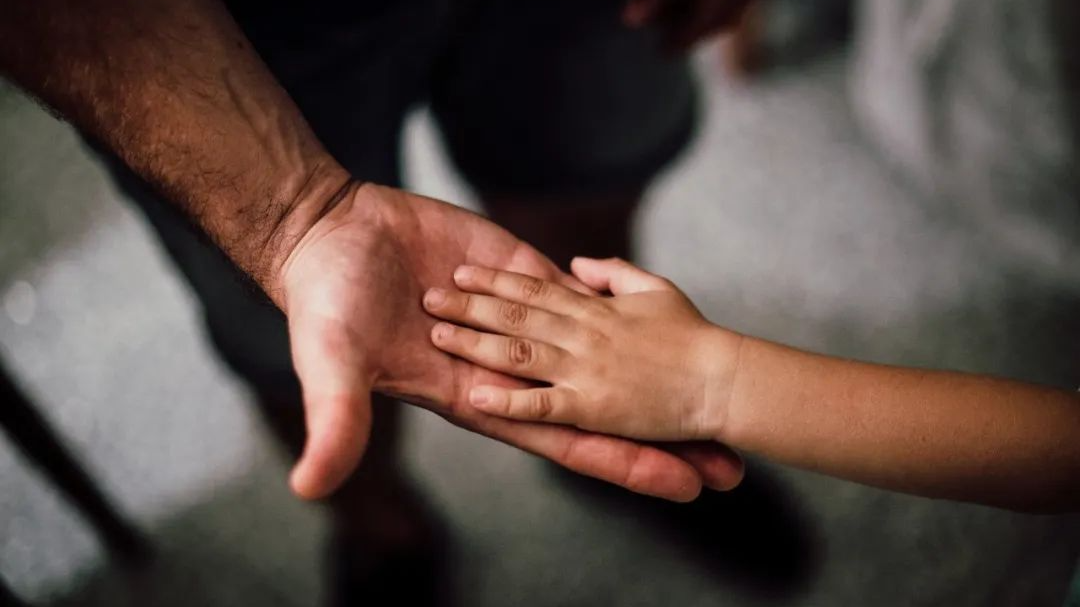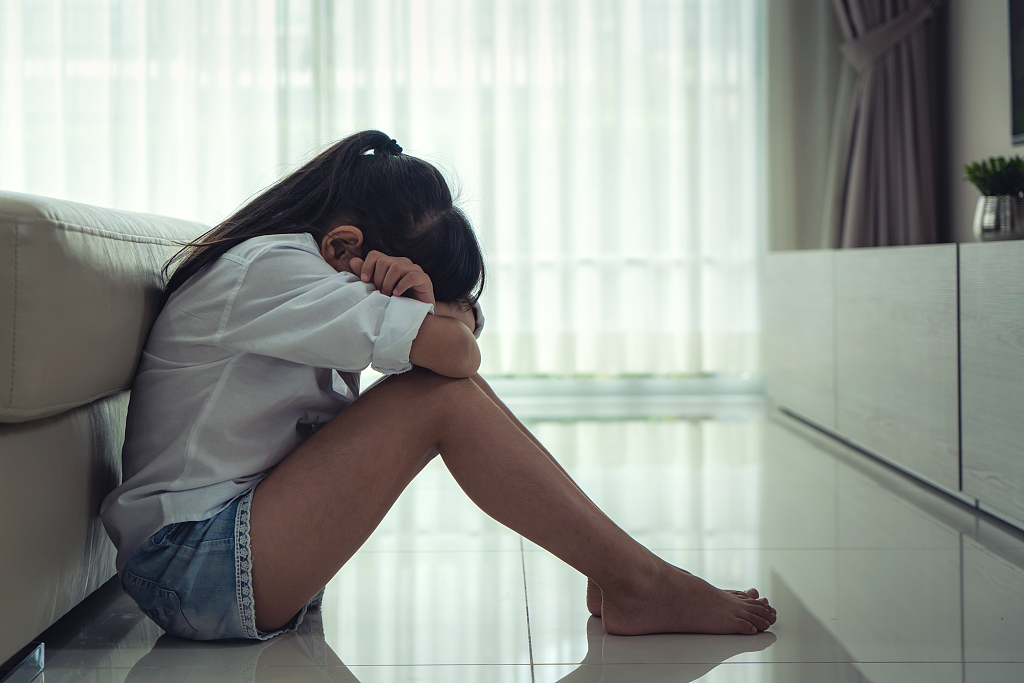
Over 65 percent child sexual abuses are conducted by their close contacts: research /VCG
Over 65 percent child sexual abuses are conducted by their close contacts: research /VCG
Kindergartens, primary and secondary schools, and certification bodies that grant teacher qualifications must check the legal record of the job seekers and teaching candidates to exclude and disqualify those who have been charged with or convicted of child molestation or sexual abuses, according to a regulation released by China's Supreme People's Procuratorate, Education Ministry and Public Security Ministry.
Per the regulation, when a school wishes to recruit teachers, administrative personnel, security personnel and other staffs, it must submit the candidates list to the local education department which shall check the candidates' criminal record and inform the school. In addition, teacher certification bodies have also been granted the right to check criminal records.
Judicial practices in recent years show that child molestation and related sexual abuses are often conducted by close contacts, especially teachers. An investigation by the Beijing Children's Legal Aid and Research Center in 2019 found that teachers, family members and relatives, neighbors and other close contacts committed 68 percent of sexual assaults against children, most of which took place in homes and schools.
The research also found out that in most cases, minor sexual assaults didn't involve violence, but lying. For example, they told the child that they're just "checking their body" or "playing a fun game."
A research carried out by The Paper, a Shanghai-based media outlet, reviewed 317 reports of child sexual abuses that were published in three major newspapers in China. The result shows that 66 percent of child sexual assault cases were conducted by their close contacts, among which 33.8 percent of the abusers were teachers, 11.9 percent family relatives and 14.76 neighbors.
Compared with those in other professions, teachers have more access to children. And due to the power dynamics and hierarchy between teachers and students, only very few cases are disclosed and reported by media outlets.

Li Yihan takes an interview with Readmoo after the publishing of her book in 2017. /Screenshot from the video
Li Yihan takes an interview with Readmoo after the publishing of her book in 2017. /Screenshot from the video
Criminals are in close contacts
In an excerpt from "Fang Si-Qi's First Love Paradise," a novel published in 2017 based on personal experience, author Lin Yihan says her teacher told her "it's the way I love you" after he raped her when she was 13 years old. Lin committed suicide after years of battling post-traumatic stress disorder and depression.
In another highly-debated child sexual abuse case, Li Xingxing (pseudonym) alleged that her caretaker and guardian repeatedly raped her and held her in his home against her will since 2015 at the age of 14. The case drew a flurry of anger and became one of the most widely discussed topics in China immediately after several media outlets interviewed Li.
The caretaker, Bao Yuming, a man of prestige and a lawyer in both China and the U.S., posted online to adopt a daughter in 2015 and then met with Li's mother. At the time, Bao, as a lawyer, knew that he and Li do not meet the requirement for adoption, but still interacted and had sexual relations with her under the guise of adoption.
He recently has been cleared of the charges of sexual abuses and rape due to lack of evidence and the fact that the girl lied about her age and she was over 18 years old when she first had sexual relations with Bao, according to Chinese authorities. In China, it's a crime to have sex with a child under 14 even if it is consensual.
Though Li's case ended up with no one being charged, her case further alarmed people about sexual abuses. It highlighted the necessity of building a mechanism for children to report the cases and protect themselves from being repeatedly abused.

Recent cases highlighted the necessity of building a mechanism in the society to protect children from sexual abuses. /VCG
Recent cases highlighted the necessity of building a mechanism in the society to protect children from sexual abuses. /VCG
Building a social support system for children
In China, though schools often tell children that they can report an issue to their parents or teachers, in reality when it comes to sexual abuses, schools are usually prone to handle the case in an oblique way or deny the existence.
And for parents, they either neglect their children's accusations or lack legal knowledge. Even some family members are sexual abusers or subject children to domestic violence. In rural areas, some parents feel ashamed to report sexual abuse against their children, which exposes the child to further psychological trauma.
"When children suffer from sexual assaults or domestic violence, most of the cases are conducted by their close contacts, including their family members, so if there is not a third-party professional legal team to help them, it will be really difficult for children to protect themselves," said Tong Lihua, director of Beijing Children's Legal Aid and Research Center.
Tong explained that every school should have a special hotline for students, entrusted to a professional legal organization. For example, she said every province should be equipped with 10 specialized lawyers to take calls from students and handle them. In this way, children will have a channel to report after they have suffered sexual misconducts or domestic violence, she said.
"The third party should report cases of sexual abuses and domestic violence to local education department as quickly as they can and submit monthly report to the department. When they deal with more cases, they will become more professional in the field, which will enable them to carry out training for teachers, parents and students so as to prevent more cases from happening," Tong said.